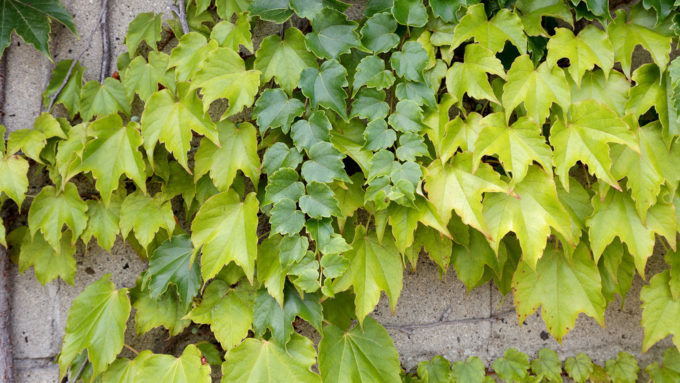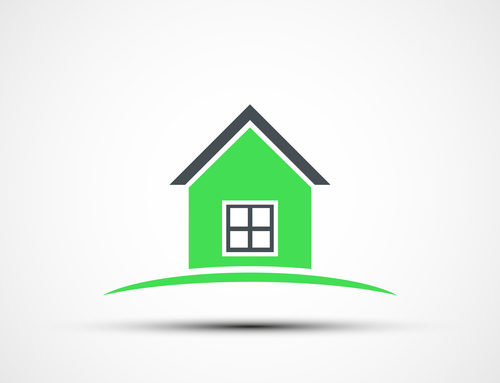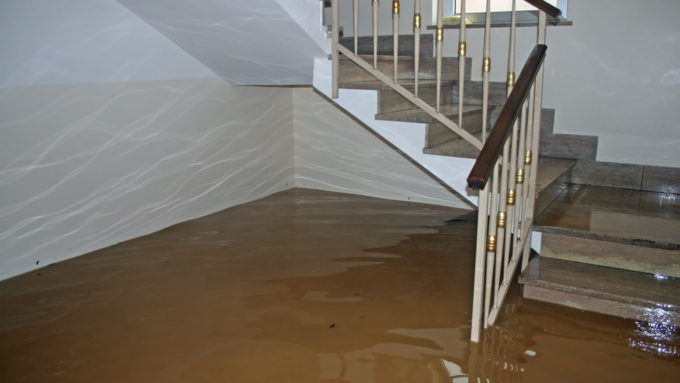It is hard to argue with the aesthetic appeal of ivy covered homes. When the conditions are right, ivy makes a beautiful accent to your structure, but ivy growing on structures that are not strong enough to support them or sturdy enough to resist their root system can be very troublesome. In such a bad situation, it takes considerable effort to rid ivy from the area before restoration of damaged surfaces can even begin. So it is important to know where ivy growth is safe and unsafe to grow on your home.
How Ivy May Be Damaging Your Home
Good Ivy Locations
If you have a newer brick home you have a perfect environment for growing good healthy ivy. Ivy grows up the wall by clinging to cracks and crevices, but it is far too weak to create them. Ivy grown on new sturdy brick structures not only looks good but can benefit the wall by aiding in temperature control and moisture reduction.
Train your ivy to grow where you want it to and be vigilant that it does not take hold on any wooden portions of your home.
Also ensure that you are growing the right kind of ivy on your home. There are many invasive species of ivy that can actually penetrate even newer masonry and also threatens nearby trees.
Poor Ivy Locations
Brick walls may seem like an automatic good choice for a place to grow ivy. But if the bricks are cracked and the mortar is old and crumbling, you have a very poor location to grow ivy. The roots will be able to dig in, weakening the structure and allowing water to penetrate into the structure.
Other places you should avoid allowing ivy to grow:
- Wood Surfaces: Wooden structures are easily damaged by ivy growth, weakening the structure and promoting wood rot and insect infestation.
- Siding: When ivy gets into the seams of the structure it can creep under the siding and cause damage.
- Stucco: Ivy roots will penetrate stucco, and as the plant becomes heavy, the stucco can crack and break apart resulting in discoloration and an unsightly appearance.




